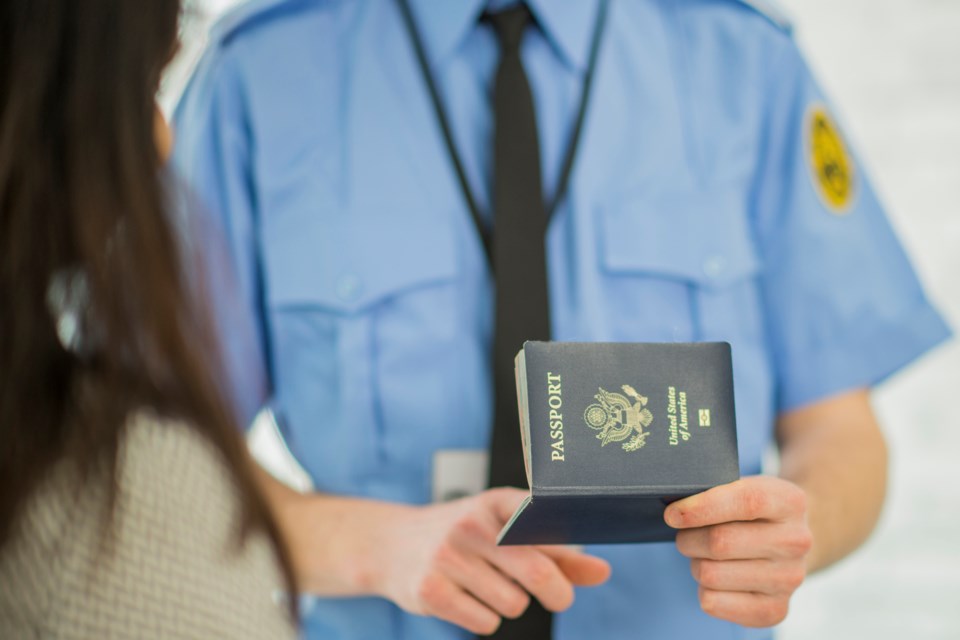After spending four months in Brazil last year, Sam Ghassemi fell in love. Following subsequent visits in Spain and France, Ghassemi wanted to bring his fiancée home to visit Canada.
But unlike those other countries, visiting here requires a visa. So Ghassemi, 23, applied for a visitor visa for Nathalia Sampaio, 22, in September. At first, the application processing time was listed at 67 days. But earlier in December, the wait time spiked to over 477 days.
After the initial estimate, Ghassemi bought a plane ticket for Sampaio for late January 2023. “And literally a week later, I looked at the processing times and it’s 477 days,” he said. “And that’s just to visit here. I just find that absolutely crazy.”
Originally, the couple considered applying for a spousal sponsorship, but the wait times for that were a year or more, Ghassemi said.
Seeking advice, Ghassemi was told Sampaio could apply for a student visa. But those cost $500, with program costs running into the thousands, depending on what she would enrol in.
This week, Ghassemi was relieved to see the processing time had fallen to 188 days, which is still over six months away.
Why are immigration applications so delayed? What can people do about it?
With over two million immigration applications in the queue right now, immigration lawyer Zool Suleman said it’s a severe problem that the government is well aware of.
“Couples like this one are caught in the middle without getting the recourse or the decision that they need,” he said. “Everyone is very frustrated, but there is no quick answer.”
Over the past decade, Canada’s immigration system has moved away from any form of human contact on applications. “This lack of human contact, and then adding on COVID has resulted in significant delays and frustrations because most applicants want a human that they can talk to,” Suleman explained.
Processing times from Immigration, Refugees and Citizenship Canada are notoriously unreliable, he added, because estimates are based on the agency’s internal criteria of processing 80 per cent of application times within a preset, publicly stated timeline. But those numbers shift all the time, and the ways in which the applications are being processed are shifting too.
“A decision for a Brazilian visitor visa is not necessarily going to be made by an immigration officer in Brazil, it could be any kind of immigration officer anywhere in the world, because workloads are being moved around,” Suleman said.
Additionally, the IRCC is increasingly using artificial intelligence to triage decisions very quickly, but Suleman said that process can stall when a decision can’t be made automatically and the system has to wait for a human officer for judgment.
In cases with couples like Ghassemi and Sampaio, there are a number of factors that immigration services look at. A lot of the time, it has to do with verifying their claims, Suleman said. That includes factors like verifying the legitimacy of their relationship, as well as the likelihood that she intends to return to Brazil after visiting Canada.
In the meantime, Suleman listed a few options for the couple and others experiencing similar delays. The immigration applicant can use their universal client identifier or application number and fill out a web form on Canada’s immigration website. There, they can ask what the delay is about.
“The problem is these web forms are also taking a long time to be responded to,” Suleman said.
Another avenue for the Canadian person helping with the application is to contact their member of Parliament to make inquiries.
“This too is becoming a problem because members of Parliament are being inundated with immigration-type requests,” Suleman continued. “But it’s one of the few avenues available to Canadians who want loved ones to join them in Canada.”





